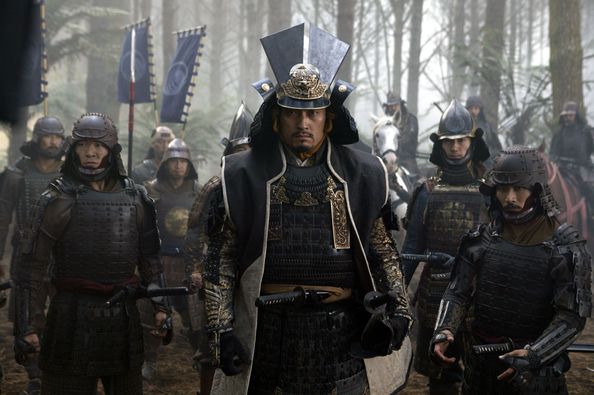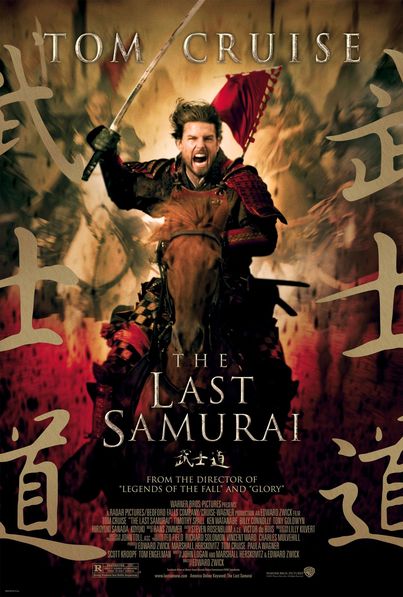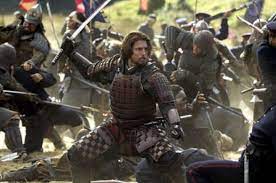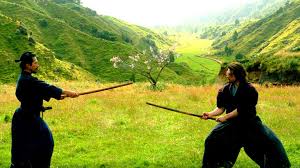The Last Samurai (2003)

“The Last Samurai” (2003): A Tale of Honor and Transformation
Released in 2003, “The Last Samurai” is an epic historical drama directed by Edward Zwick, featuring Tom Cruise in the lead role as Nathan Algren, an American military officer who finds himself in Japan during a time of significant cultural upheaval. The film explores themes of honor, identity, and the clash between tradition and modernization.

Set in the 1870s, the story begins with Algren, a disillusioned veteran of the American Civil War, who is struggling with his past and the moral implications of his actions. He is recruited by the Japanese emperor to train a new army in the ways of modern warfare as Japan seeks to adopt Western practices. However, Algren soon finds himself drawn into the conflict between the imperial government and the samurai class, who resist the encroaching influence of Western culture.

When Algren is captured by the samurai led by Katsumoto, portrayed by Ken Watanabe, he is initially treated as a prisoner but eventually becomes a student of their ways. Through his interactions with Katsumoto and the samurai, Algren undergoes a profound transformation, gaining a deeper understanding of their values, traditions, and the concept of honor. The film beautifully depicts the samurai’s way of life, emphasizing their commitment to loyalty, discipline, and the art of warfare.

Edward Zwick’s direction is marked by sweeping cinematography that captures the stunning landscapes of Japan, from its lush forests to its majestic mountains. The battle sequences are meticulously choreographed, blending visceral action with emotional stakes, and the film’s production design authentically reflects the period’s aesthetics.

PHOTOGRAPHS TO BE USED SOLELY FOR ADVERTISING, PROMOTION, PUBLICITY OR REVIEWS OF THIS SPECIFIC MOTION PICTURE AND TO REMAIN THE PROPERTY OF THE STUDIO. NOT FOR SALE OR REDISTRIBUTION
The score, composed by Hans Zimmer, enhances the film’s emotional depth, weaving traditional Japanese music with orchestral elements to underscore the journey of the characters and the cultural tensions at play. The music elevates key moments, reinforcing the themes of loss, redemption, and the search for meaning.
Tom Cruise delivers a compelling performance as Nathan Algren, embodying a character torn between two worlds. His journey from a war-weary soldier to a man of honor and respect for the samurai’s way of life is central to the film’s narrative. Ken Watanabe’s portrayal of Katsumoto is equally powerful, capturing the dignity and nobility of the samurai while conveying the pain of cultural loss.
“The Last Samurai” addresses the broader themes of cultural preservation and the impact of Western imperialism, raising questions about the balance between progress and tradition. The film reflects on the sacrifices made by those who fight to uphold their values in the face of change.
Upon its release, “The Last Samurai” received generally positive reviews from critics, praised for its performances, cinematography, and thematic depth. It achieved commercial success and garnered several Academy Award nominations, including Best Supporting Actor for Watanabe.
In conclusion, “The Last Samurai” is a visually stunning and emotionally resonant film that explores themes of honor, cultural identity, and personal redemption. Directed by Edward Zwick and featuring strong performances from Tom Cruise and Ken Watanabe, the film serves as a poignant reflection on the clash of cultures and the enduring values of loyalty and respect. As Algren embraces the samurai way of life, “The Last Samurai” invites viewers to consider the complexities of tradition and modernity in a rapidly changing world.











